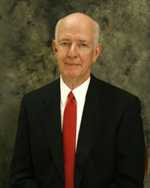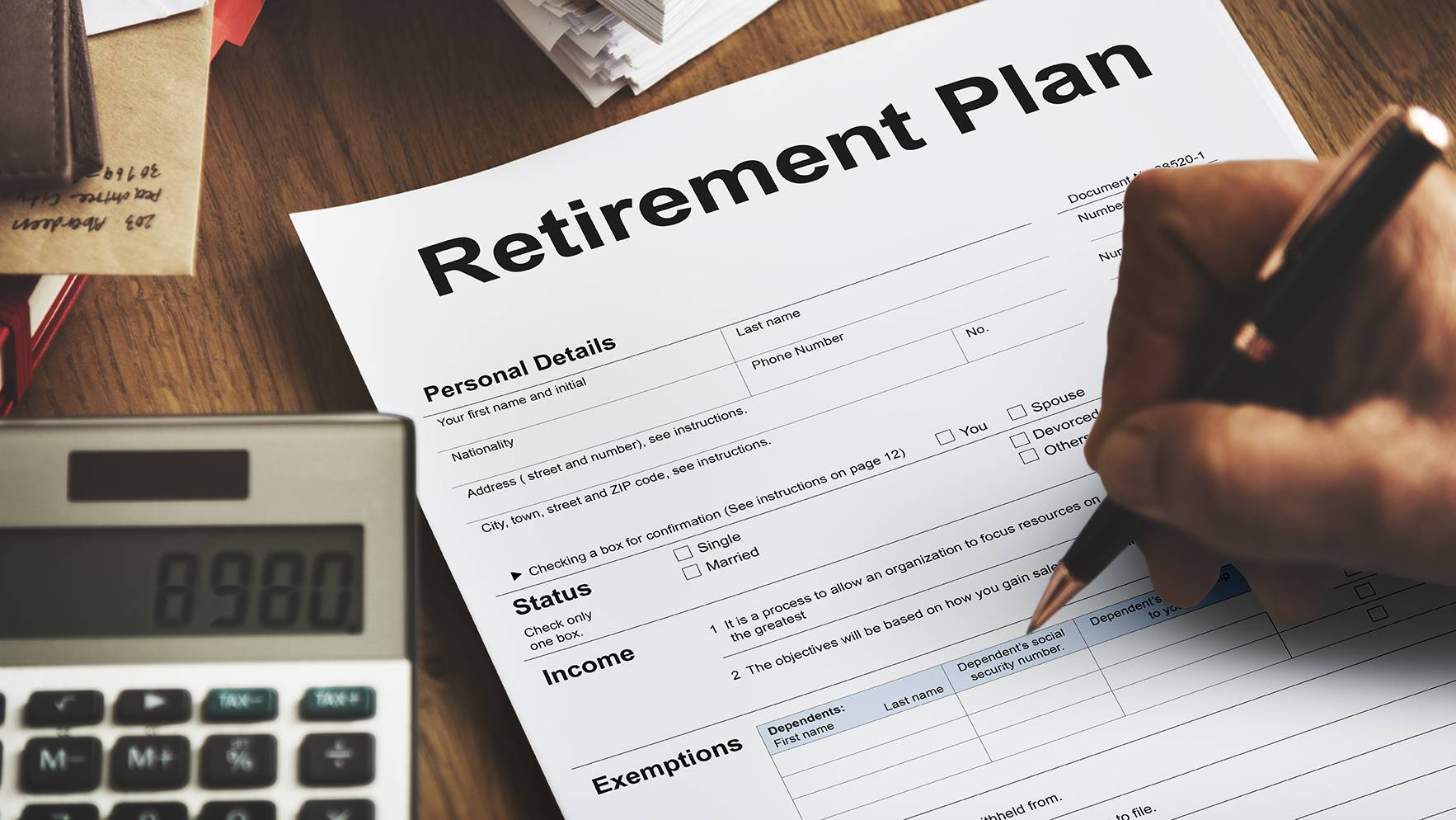Self-Study
Navigating Form 1040 Schedule C
The gig economy is growing. Get expert guidance on form 1040 Schedule C preparation strategies and relevant examine case studies.

$87.00 – $107.00
Webcasts are available for viewing Monday – Saturday, 8am – 8pm ET.
Without FlexCast, you must start with enough time to finish. (1 Hr/Credit)
Please fill out the form below and we will reach out as soon as possible.
CPE Credits
3 Credits: Taxes
Course Level
Overview
Format
Self-Study
Course Description
There is little doubt in the minds of many observers that the world of work—an environment in which a legion of wage earners commute to an employer’s office or worksite to toil from 9 to 5—is changing, and that impression is bolstered by recent studies. Among those studies is a Gallup report titled “The Gig Economy and Alternative Work Arrangements.” The changing nature of work for many taxpayers is likely to have an effect on tax preparers’ need to prepare Schedule C.
The gig economy, an economy characterized by multiple types of alternative work arrangements including independent contractors, online platform workers, contract firm workers, on-call workers, and temporary workers, engages 36% of U.S. workers. Gallup, in its report, also estimates that 29% of all workers in the U.S. have an alternative work arrangement as their primary job.
Whether the strength of the gig economy is due to the flexibility and freedom it affords, the fewer limits on income it exerts compared to being a wage earner or results from some other advantage it offers, it seems clear that, barring a cataclysmic event affecting the economy, the gig economy is here to stay and intent on growing larger with each year. With that growth is the likely growth of tax preparers’ need to be familiar with preparation of Schedule C.
Learning Objectives
When you have completed this course, you should be able to:
- Identify the factors included in the common law test used to determine a taxpayer’s status as self-employed;
- Recognize what constitutes business income;
- List the categories of taxpayers generally identified as “statutory employees”;
- Describe the tax treatment of installment sales whose gain is recognized under the installment method;
- Identify the role of the applicable federal rates (AFRs) in connection with the installment method;
- Identify the requirements that business expenses must meet to be deductible;
- Recognize the insurance expenses that a Schedule C taxpayer may deduct;
- Describe the difference between a business and a hobby;
- List the taxes and licenses that are deductible on Schedule C;
- Distinguish between the actual expense method and simplified method of figuring the home-office deduction;
- List the expenses normally deductible by taxpayers using a home for business purposes who use the actual expense method; and
- Recognize the limits applicable to a home-office deduction.
Course Specifics
SS822307409
January 8, 2025
There are no prerequisites.
None
78
Compliance Information
IRS Provider Number: 0MYXB
IRS Course Number: 0MYXB-T-02599-24-S
IRS Federal Tax Law Credits: 3
CTEC Course Number: 2071-CE-1846
CTEC Federal Tax Law Credits: 3
CFP Notice: Not all courses that qualify for CFP® credit are registered by Western CPE. If a course does not have a CFP registration number in the compliance section, the continuing education will need to be individually reported with the CFP Board. For more information on the reporting process, required documentation, processing fee, etc., contact the CFP Board. CFP Professionals must take each course in it’s entirety, the CFP Board DOES NOT accept partial credits for courses.
CTEC Notice: California Tax Education Council DOES NOT allow partial credit, course must be taken in entirety. Western CPE has been approved by the California Tax Education Council to offer continuing education courses that count as credit towards the annual “continuing education” requirement imposed by the State of California for CTEC Registered Tax Preparers. A listing of additional requirements to register as a tax preparer may be obtained by contacting CTEC at P.O. Box 2890, Sacramento, CA, 95812-2890, by phone toll-free at (877) 850-2832, or on the Internet at www.ctec.org.
Meet The Experts

Paul J. Winn CLU ChFC is a writer with more than 30 years experience in the life insurance and securities industry as an agent/registered representative, an agency head, a marketing vice president for a life insurance company and the president of a corporate registered investment adviser. He was a long serving member of the advisory board to the New York State insurance department. He is a published book author and creator of more than 200 taxation, insurance and securities training courses.



